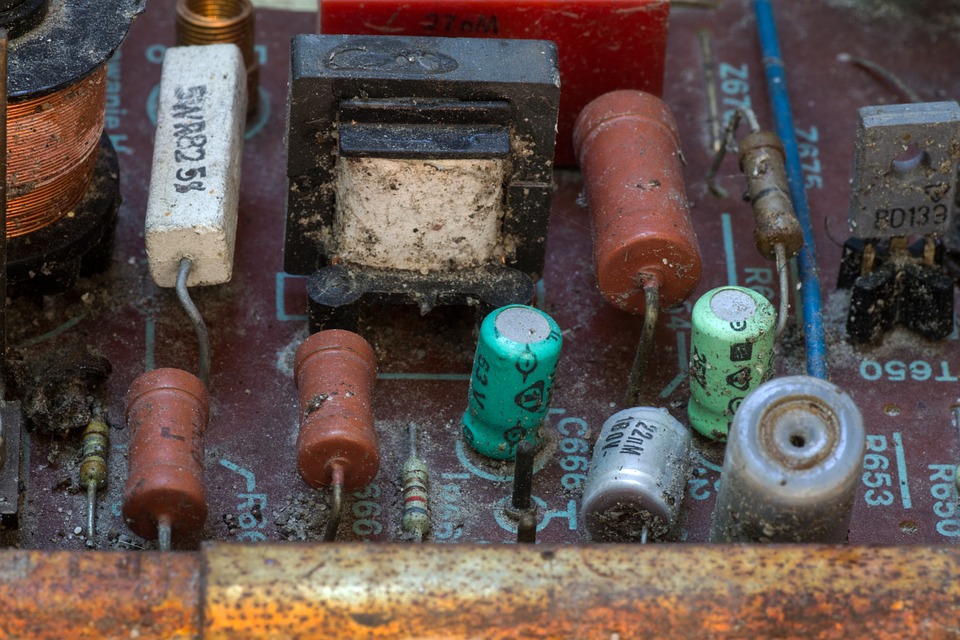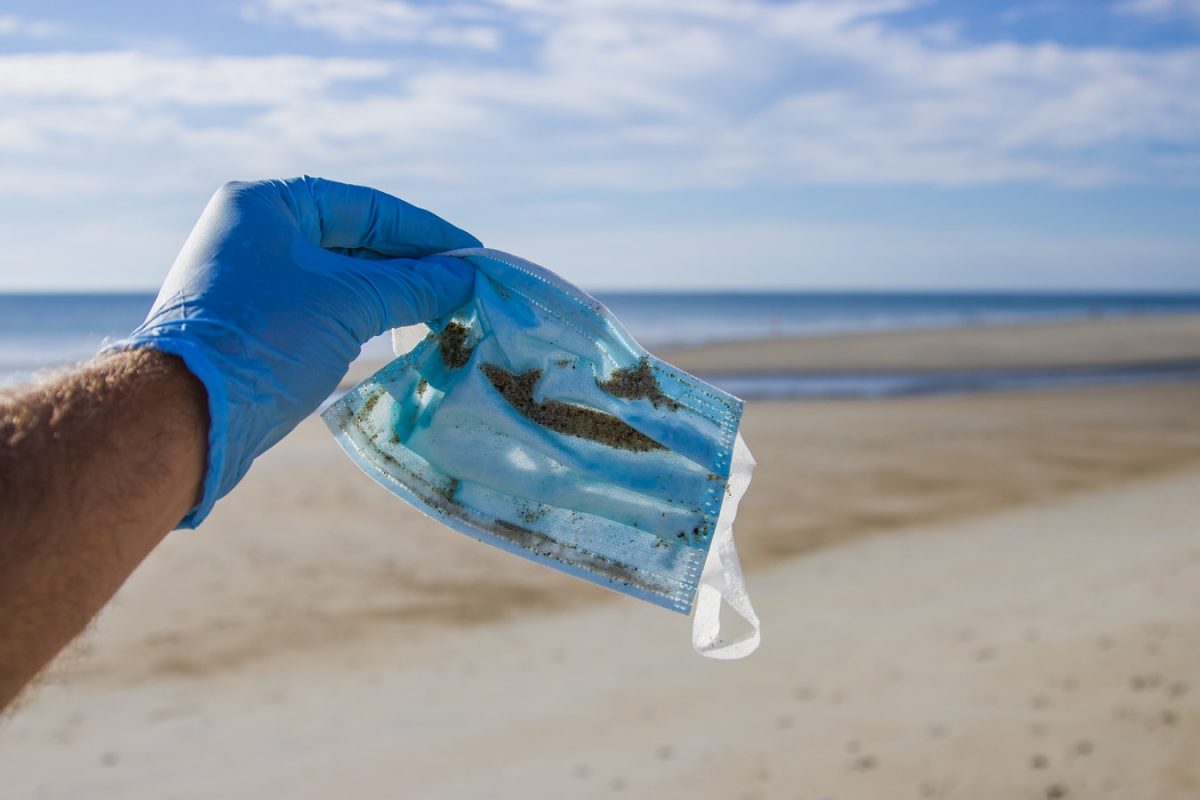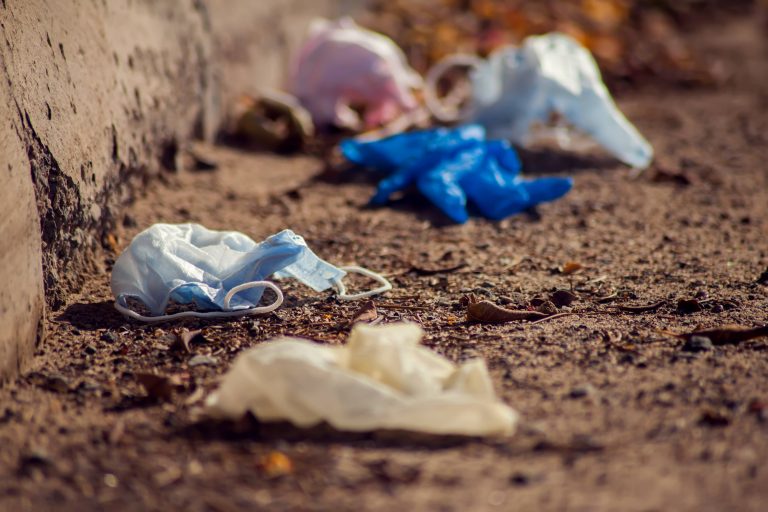While the new law aims to prevent underage smoking, it also presents other challenges in delivery services that may affect small retail businesses and Bidi Vapor advocacies.

The Prevention of Online Sales of E-Cigarettes to Children Act, which was signed into law on December 27, 2020, places e-cigarettes, vape products, and other products classified under the Electronic Nicotine Delivery Systems (ENDS) devices under the amended PACT Act.
However, it presents broad implications and challenges to small retail businesses, delivery, logistical services, and some advocacies.
Amended under the Consolidated Appropriations Act (CAA) of 2021, which was enacted on December 27, 2020, the Prevent All Cigarette Trafficking (PACT) Act specifically:
- subjects the sale and delivery of these systems to certain requirements, including tax, licensing, and labeling requirements;
- prohibits the sale and delivery of these systems to anyone under the legal age to purchase tobacco products; and
- requires the U.S. Postal Service to implement regulations to prohibit the mailing of these systems,” according to Congress.gov, the official website for U.S. federal legislative information.
The amended PACT Act aims to prevent underage smoking, a constant public health crisis in the U.S. The PACT Act also amends the 1949 Jenkins Act, which was established to combat the untaxed cigarettes sold online and prohibit the mailing of cigarettes and tobacco products while requiring online sellers to register with the Bureau of Alcohol, Tobacco, Firearms, and Explosives and tax administrators in every state.
Also, under the CAA 2021, the U.S. Postal Service is mandated to discontinue and prohibit the shipping of all ENDS products.
The PACT Act has broad implications on the delivery services, small businesses, and the campaign to ship used BIDI® Sticks for electronic waste recycling. Vape users are encouraged to send their used BIDI® Sticks as part of the campaign.
The amended PACT Act became effective on March 27, 2021, or 90 days after its enactment. The Tobacco Reporter said that the U.S. Postal Office rule “states that the agency will only mail ENDS products under narrowly defined circumstances.”
There are exceptions to the ban under the proposal of the USPS, the Tobacco Reporter also said.
According to the Tobacco Reporter, the rule will be final soon after publication on March 27, 2021, the same day that the PACT Act takes effect. Later on, USPS announced that a shipment ban of vaping products, vape-related devices, and accessories takes effect on April 5, 2021. Stakeholders have earlier been asked to comment on the U.S. Postal Service rules.
Meanwhile, “companies that sell ENDS for delivery in other states may need to comply with the PACT Act beginning March 27, 2021, per a bulletin by the National Association of Tobacco Outlets,” according to the convenience retailer site C-Store Decisions.
It added, “The PACT Act limits single sales or delivery of cigarettes, smokeless, roll-your-own tobacco and now ENDS to 10 pounds or less. It also requires that delivery sellers obtain 21-and-older age verification at the time the order is placed and upon delivery with a valid government-issued photo ID.”
How Will The New PACT Act Affect Vapers and Businesses?
If the USPS and other major carriers stop shipping ENDS products, vaping companies will need to find different ways to reach their adult customers. Vape users may no longer be able to purchase vape products online. Some small retail businesses in city and rural areas may also face challenges in selling ENDS products, putting the survival of their business at risk.
Manufacturer to Distributor Sales
Vaping manufacturers and distributors can also expect challenges with the upcoming changes in their online retail stores. Major shipping companies such as FedEx, UPS, and DHL are no longer delivering packages containing vape products to direct consumers. For business-to-business transactions, companies are required to apply for B2B vape accounts, providing their names and addresses to ship their products before the regulation becomes finalized.
What the New PACT Act Means to the
BIDI® Cares Program
The Preventing Online Sales to Children Act prohibits the shipping of ENDS products through the mail. This will directly affect the BIDI® Cares recycling program as consumers will no longer be able to mail in their used BIDI® Sticks for proper disposal and recycling.
Currently, the recycling program has been put on hold while Bidi Vapor develops a new process for adult consumers to send in their used BIDI® Sticks for recycling easily.
Bidi Vapor has always remained committed to compliance. Preventing underage individuals from having access to the BIDI® Stick is part of the BIDI® Cares advocacy. The BIDI® Cares program’s primary goal is to educate and provide electronic waste recycling options for BIDI® Stick users ages 21 and above.
To learn more about our advocacy, visit www.bidicares.com/about-us today!





